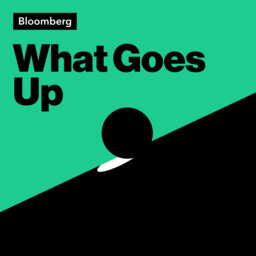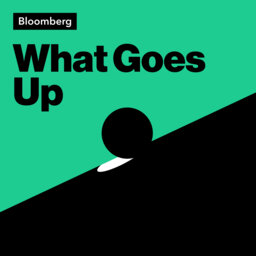Old Growth Is New Again
Well, so much for that reflation and reopening trade. David Bianco, chief investment officer for the Americas at DWS Group, discusses why high-growth, digitally focused companies are back on the stock market’s leaderboard.
Mentioned in this podcast:
 What Goes Up
What Goes Up


